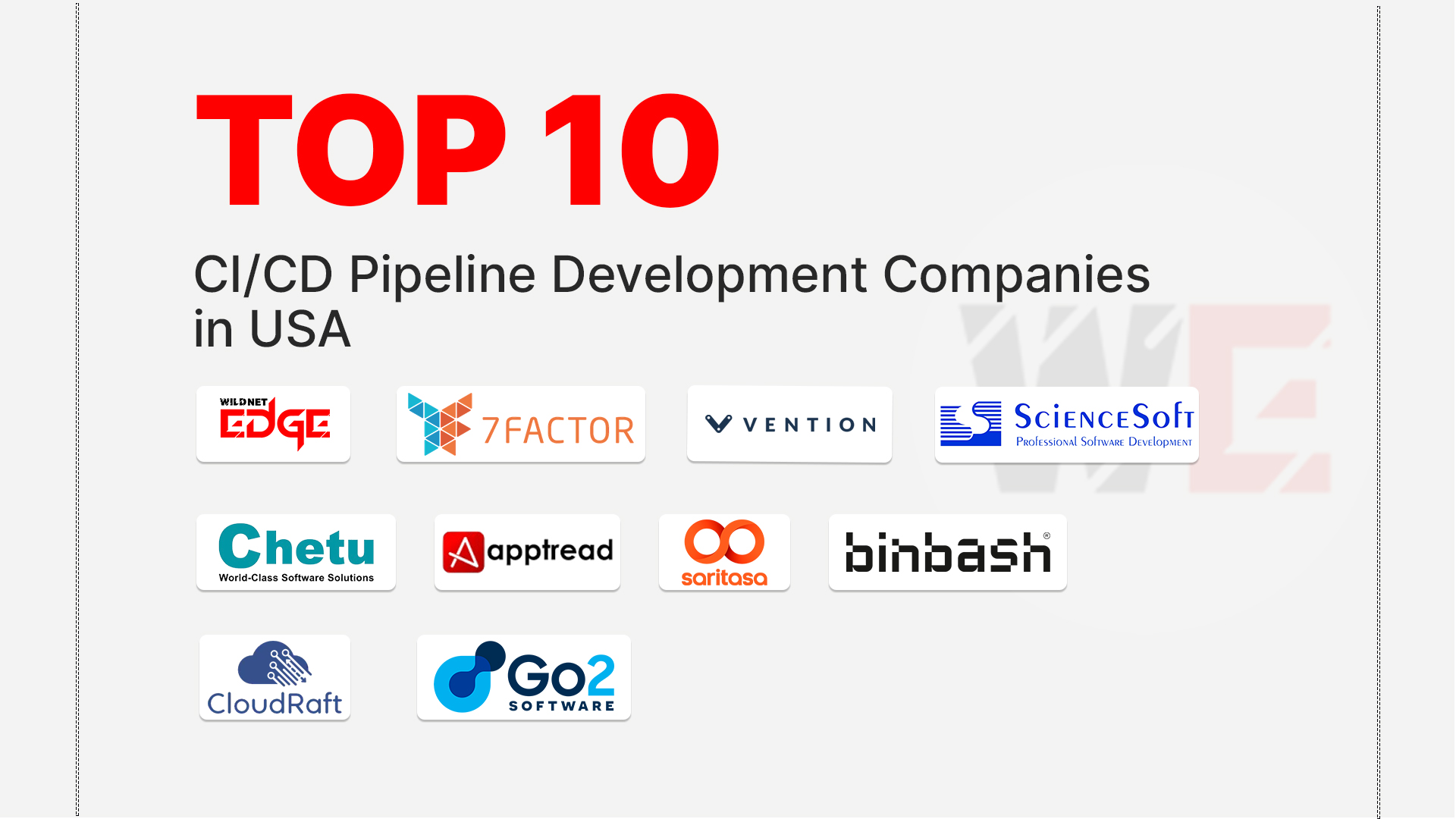Are you struggling to decode customer behavior? Understanding your customers is more critical than ever in today’s fast-paced marketplace. How well do you really know your customers? With Salesforce AI insights, businesses can achieve an unparalleled depth of understanding regarding customer preferences, behaviors, and needs. By leveraging artificial intelligence, companies can not only identify patterns in customer data but also implement targeted strategies that foster loyalty and drive sales. In this rapidly evolving landscape, harnessing the potential for improved customer intelligence through AI is not just beneficial—it’s essential.
Importance of Customer Intelligence
Understanding Customer Needs
Salesforce AI insights play a pivotal role in identifying the diverse needs and preferences of customers. By utilizing machine learning algorithms, Salesforce can analyze vast amounts of data, peeling back the layers of customer interactions to reveal trends that are often hidden beneath the surface. For example, companies can track customer behavior across multiple channels—websites, social media, and email communications—to build a comprehensive profile.
- Identifying Pain Points: Through customer feedback and historical data, Salesforce AI can determine common pain points that customers encounter, allowing businesses to address these issues proactively.
- Predicting Trends: By looking at customer interactions over time, Salesforce AI can predict future behaviors, equipping businesses to prepare for changing demands before they become critical.
- Segmentation: Using AI, companies can segment their customer base more effectively, tailoring strategies to meet the specific needs of different demographic groups, leading to higher satisfaction and exchange values.
Data-Driven Decision Making
The use of Salesforce AI insights doesn’t just provide a snapshot of customer behavior; it leads to smarter, data-driven decision-making. Businesses that rely on traditional methods may operate on assumptions that could hinder their growth, while those using AI can make informed decisions based on solid analytics.
- Performance Metrics: Salesforce AI helps businesses track KPIs (Key Performance Indicators) seamlessly, allowing for a continuous feedback loop that informs strategy.
- A/B Testing: AI can streamline A/B testing processes, enabling businesses to conduct tests and analyze results far more rapidly than traditional methods, leading to faster refinements and improved customer experiences.
- Resource Allocation: Knowing where to allocate resources—whether budget or personnel—becomes easier when businesses can predict the impact of their actions through robust AI insights.
By confronting customer needs with the analytical power of AI, businesses pave the way for sustainable decision-making frameworks that ensure long-term success.
How Salesforce AI Insights Work
Mechanisms Behind AI Analysis
At its core, Salesforce AI employs complex algorithms designed to analyze a mixture of structured and unstructured data. This capability allows it to derive meaningful insights that inform customer behavior.
- Natural Language Processing (NLP): Through NLP, Salesforce can interpret language nuances from customer interactions on social media and support chats, translating sentiments into actionable insights.
- Machine Learning Models: These models continuously learn from new data, improving their predictions over time. For instance, if a particular advertisement generates a spike in engagement, the model can adjust future content placements accordingly.
- Data Integration: Salesforce AI integrates data from various sources, ensuring a holistic view of customer interactions. This integration means businesses have access to real-time information, allowing for swift, informed actions.
Key Algorithms and Techniques
Salesforce uses numerous algorithms to transform raw data into meaningful customer insights.
- Regression Analysis: By predicting customer behavior based on previous interactions, businesses can better tailor their marketing strategies and offers.
- Clustering Techniques: This helps in segmenting customers into groups with similar behaviors or preferences, providing more targeted communications.
- Classification Algorithms: Used for identifying customer intents, these models categorize customers based on past behaviors. For instance, classification can distinguish between potential buyers and those primarily seeking information.
These algorithms work together to compile actionable intelligence that businesses can harness, propelling their capability to understand and respond to customer needs effectively.
Real-World Applications of AI Insights
Success Stories from Leading Brands
Numerous organizations have begun leveraging Salesforce AI insights to enhance customer intelligence and drive significant business outcomes.
- Coca-Cola: This multinational beverage corporation implemented Salesforce AI to analyze customer data patterns. By leveraging these insights, they were able to enhance their marketing campaigns, resulting in a 20% increase in customer engagement.
- Toyota: With Salesforce AI, Toyota improved their customer insights by analyzing social media interactions. They could unveil key trends that fed into their product development process, leading to cars that better met customer expectations.
These examples underscore how AI can not only reveal hidden opportunities but also improve integration between customer needs and business offerings.
Comparative Analysis of AI and Traditional Methods
A critical analysis highlights stark differences between AI-driven insights and traditional methods:
| Aspect | AI Insights | Traditional Methods |
| Data Processing Speed | Real-time analytics | Longer processing times |
| Accuracy | High reliability and precision | Often susceptible to human error |
| Scalability | Easily scales data for insights | Challenging to scale with growth |
| Predictive Capabilities | Can accurately predict trends | Relies on historical analysis |
When these variables are considered, it becomes clear that companies employing Salesforce AI insights gain a competitive edge in understanding customer behavior.
Enhancing Customer Experience with Salesforce AI
Personalization Strategies
Salesforce AI enhances customer experience by enabling hyper-personalization, which relies on exhaustive customer data analytics.
- Custom Product Recommendations: Through AI-powered algorithms, businesses can suggest items based on past purchases and browsing behaviors, akin to how platforms like Amazon operate.
- Tailored Marketing Campaigns: By analyzing customer preferences, Salesforce can help businesses craft unique email campaigns that resonate with each customer’s interests, significantly increasing engagement rates.
- Dynamic Pricing Models: Salesforce AI can even support companies in dynamically adjusting prices based on market demand and customer sensitivity, leading to fairer pricing models that can maximize sales.
Predictive Analytics for Customer Engagement
Predictive analytics driven by Salesforce AI can significantly boost customer engagement strategies by forecasting customer needs and actions.
- Churn Prediction: Businesses can identify customers who show signs of disengagement and proactively reach out with incentives or personalized offers to retain them.
- Lead Scoring: AI can predict which leads are most likely to convert to customers, allowing sales teams to focus their efforts where they will yield the highest returns.
- Boosting Customer Service: By understanding future customer needs, businesses can optimize support resources, ensuring inquiries are handled more swiftly and effectively.
Utilizing Salesforce AI to enhance customer experience can lead to lasting relationships and higher customer satisfaction ratings.
Overcoming Challenges with AI Insights
Common Misconceptions About AI
Many businesses remain hesitant to adopt AI due to lack of understanding or misconceptions surrounding its implementation.
- Complexity: While AI systems may seem intricate, Salesforce provides user-friendly dashboards that simplify the navigation and understanding of AI insights.
- High Costs: AI technology isn’t exclusively for large corporations; Salesforce offers solutions that suit enterprises of all sizes, including scalable packages for SMEs.
- Job Displacement: There is a notion that AI will replace jobs. In reality, Salesforce AI is designed to assist human workers, allowing them to focus on strategic tasks that require creativity and emotional intelligence.
Addressing these misconceptions can pave the way for broader adoption of Salesforce AI in various business sectors.
Navigating Data Privacy Concerns
Utilizing customer data can raise legitimate privacy concerns, yet Salesforce takes data security seriously. Businesses must also tread carefully in this area.
- Compliance with Legislation: Ensuring compliance with regulations such as GDPR or CCPA is crucial when implementing AI. Salesforce provides tools to manage data securely and ethically.
- Transparency: Be transparent with customers about how their data is used and provide options for them to opt-out. This transparency builds trust and allows companies to use AI insights responsibly.
- Data Anonymization: By anonymizing customer data where possible, businesses can utilize insights derived from this data without compromising individual privacy.
Effectively addressing data privacy concerns while leveraging Salesforce AI insights can create a foundation for ethical customer intelligence.
Future of Customer Intelligence with AI
Emerging Trends in AI Tech
As we look toward the future, several trends are set to take center stage in customer intelligence and AI technologies.
- Emotion AI: This technology focuses on understanding customer sentiments through facial recognition and voice analysis, enabling even more tailored interactions.
- Integration of Voice Technology: With the rise of voice-activated devices, businesses will leverage AI to analyze voice data and further refine customer strategies.
- Augmented Reality (AR) Integration: AI’s integration with AR can create immersive shopping experiences, enhancing customer decision-making processes.
These trends indicate a rapid evolution in how businesses will approach customer intelligence in the years to come.
Long-term Benefits of Implementing AI
Implementing Salesforce AI can yield significant long-term advantages that extend far beyond immediate benefits.
- Sustained Competitive Advantage: Companies that adopt AI early are likely to establish themselves as leaders in their industries, as they harness continuous improvement in customer understanding.
- Improved Operational Efficiency: AI can streamline internal processes, reducing labor costs and freeing up resources for customer-focused initiatives.
- Customer Loyalty and Satisfaction: By meeting and anticipating customer needs effectively, companies can foster lasting relationships that translate into sustained revenue growth.
Harnessing these long-term benefits makes a compelling case for adopting Salesforce AI insights into core customer engagement strategies.
Conclusion
Salesforce AI insights represent a groundbreaking approach to understanding customer behavior that can transform how businesses interact with their clients. By leveraging these insights, companies can enhance their customer intelligence, resulting in improved decision-making, personalized experiences, and robust customer relationships. For businesses looking to optimize their customer interactions and grow sustainably, partnering with a dedicated authority like Wildnet Edge can maximize the benefits of these AI capabilities. Begin your AI implementation journey today and forge a path towards improved customer intelligence and engagement.
FAQs
Q1: What are Salesforce AI insights in customer intelligence?
Salesforce AI insights refer to data-driven analytics that help businesses understand customer behavior and preferences, enabling them to tailor marketing strategies and improve customer engagement.
Q2: How can AI enhance customer experience?
AI enhances customer experience by providing personalized interactions and predictive engagement strategies, tailoring marketing campaigns, and suggesting products based on customer behaviors.
Q3: What challenges do businesses face with Salesforce AI?
Common challenges include data privacy concerns, misconceptions about AI capabilities, and the complexity involved in integrating AI into existing business processes.
Q4: How does Salesforce AI compare to traditional customer analysis?
Salesforce AI offers more precise, data-driven insights compared to traditional analysis, enabling quicker adaptation to customer needs and more targeted marketing strategies.
Q5: What future trends in customer intelligence should businesses watch?
Businesses should watch for advancements in emotion AI, voice technology integration, and augmented reality, which will further refine customer intelligence strategies and experiences.

Nitin Agarwal is a veteran in custom software development. He is fascinated by how software can turn ideas into real-world solutions. With extensive experience designing scalable and efficient systems, he focuses on creating software that delivers tangible results. Nitin enjoys exploring emerging technologies, taking on challenging projects, and mentoring teams to bring ideas to life. He believes that good software is not just about code; it’s about understanding problems and creating value for users. For him, great software combines thoughtful design, clever engineering, and a clear understanding of the problems it’s meant to solve.
 sales@wildnetedge.com
sales@wildnetedge.com +1 (212) 901 8616
+1 (212) 901 8616 +1 (437) 225-7733
+1 (437) 225-7733















 ChatGPT Development & Enablement
ChatGPT Development & Enablement Hire AI & ChatGPT Experts
Hire AI & ChatGPT Experts ChatGPT Apps by Industry
ChatGPT Apps by Industry ChatGPT Blog
ChatGPT Blog ChatGPT Case study
ChatGPT Case study AI Development Services
AI Development Services Industry AI Solutions
Industry AI Solutions AI Consulting & Research
AI Consulting & Research Automation & Intelligence
Automation & Intelligence















